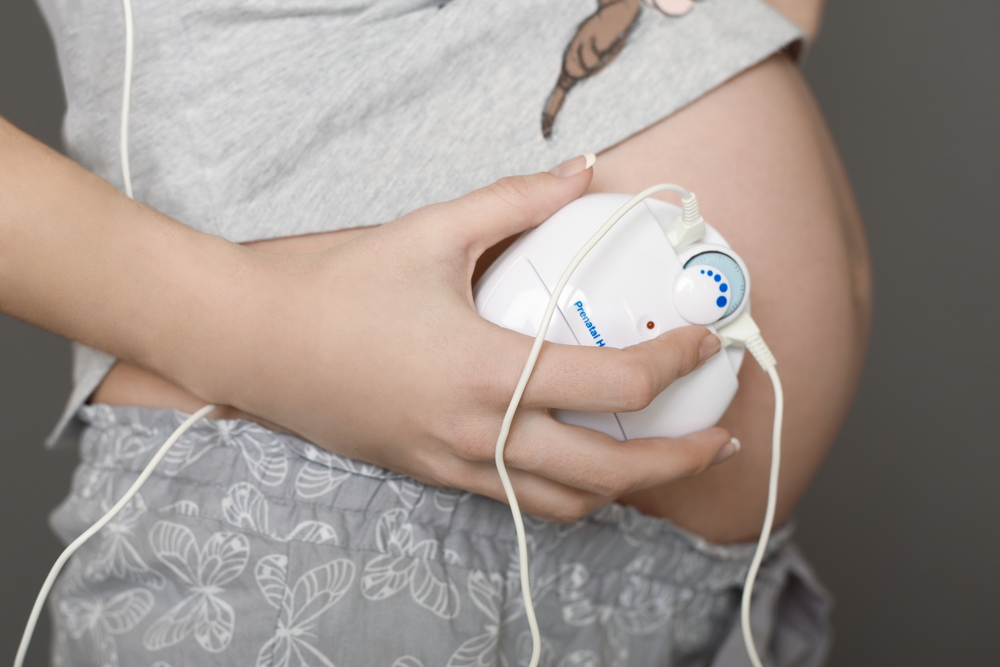The Risks of Using a Fetal Doppler at Home
Baby dopplers have become a popular pregnancy monitoring device for expectant mums-to-be in recent years. The do-it-yourself-heart-rate-monitoring device seems like a great idea to monitor your baby’s movements, but many doctors and midwives advise against the use of them as they are a medical device medics get trained to use.
What could be seen as a safety-measure at home could be doing more harm than good.
Popsugar reports Elizabeth Hutton, CEO of stillbirth charity Kicks Count wrote, “Midwives and doctors train for many years to interpret what they hear through a doppler,” in a petition for over the counter dopplers to be banned for sale in the United Kingdom.
Hutton explains that while parents may be using the dopplers to ensure their baby’s wellbeing and to reduce the risk of stillbirth, the dopplers can cause harm to the foetus.
If a mother can’t hear a heartbeat, she may assume something is wrong when it’s not, causing uneccessary anxiety. Hutton explained why this could be detrimental, “It can cause needless stress to a pregnant woman when she cannot pick up her baby’s heartbeat. It can lead to raised blood pressure in the mother and premature births.”
More worryingly, if a mother can hear her baby’s heartbeat, she may assume everything is ok with her baby, when it may not.
“The placenta and the mother’s heartbeat can both easily be mistaken for a foetal heartbeat. In untrained hands, it is more likely that blood flow through the placenta or the maternal aorta will be heard,” Hutton noted. “We’ve had cases where there has been something wrong with a baby and the mother has been wrongly reassured after hearing her own heartbeat, or the sound of blood pumping through the placenta, leading to a dangerous delay in her seeking medical attention. In at least one instance, sadly the baby died,” Hutton wrote.
It’s important if parents notice a change in their baby’s movements they refer to a doctor, not their doppler for reassurance.
“The presence of a heartbeat does not mean the baby is well, only that it is still alive,” Hutton warned. “If the baby is in distress, this is when medical attention should be sought. Waiting until they can no longer find a heartbeat means it is sadly too late to save that baby.”
Hutton then shared a recent incident with a 27-year-old expectant woman who was admitted to hospital due to reduced foetal movement when she was 32 weeks pregnant.
The expectant woman told doctors she noticed her baby had become less active two days before, but felt reassured after using her doppler. Concerned by a lack of movement, the doctors performed an emergency caesarean. The baby was unwell and had to spend it’s first eight weeks in the special care unit.
“If you saw someone collapsed in the street, would you check they had a heartbeat and walk away? Or would you call an ambulance?” she asked. “We should be encouraging all mothers if they are concerned about their baby to contact medical professionals immediately, not just check for a heartbeat.”
Hutton concluded her petition with, “We need to put the safety of babies ahead of entertainment.”
It’s vitally important to discuss the use of a doppler with your doctor or midwife. For any concerns about your baby’s movements, please organise to see your obstetrician or midwife straight away.










